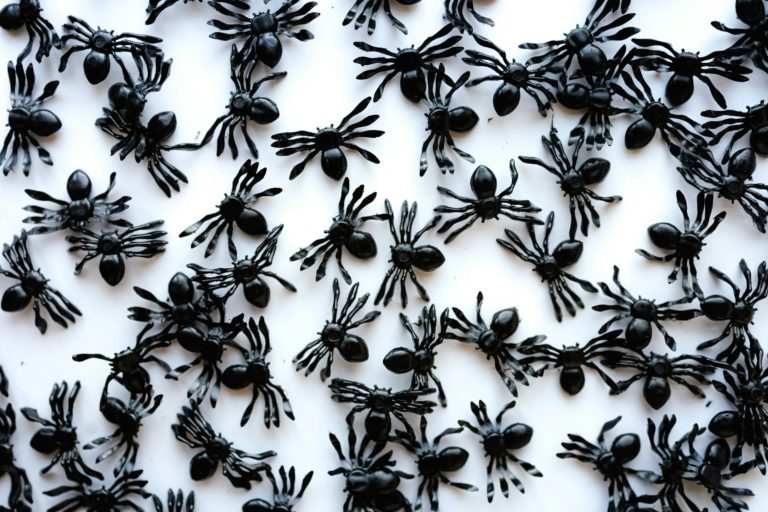The Curse of the Content Calendar
Why your brand sounds like everyone else – and how automation is to blame.
We’ve built an industry obsessed with filling the void.
Always-on. Always-posting. Always-adapting to meet algorithmic demands and maximise engagement.
Brands are under pressure to be everywhere, all the time – to show up in every feed, on every awareness day, commenting on every cultural moment. And to keep up, they’re feeding the demand with automation: AI idea generators, templated content calendars, scheduled “inspirational” posts, and social autopilots churning out noise in place of nuance.
It’s efficient, yes, and productive. But it’s also soulless. And sometimes it’s damaging.
The automation illusion
AI can ideate faster than any human. It can schedule, post, and optimise in seconds. But it can’t understand why your brand exists, or what cultural ground it has the right to stand on.
So what happens? We trade:
- Purpose for productivity.
- Depth for data.
- Authenticity for algorithmic convenience.
Tesco, for example, have just hired an agency to help them deliver high-volume content to fuel engagement, as they lean into the “social-first” model.[1] But being present is not the same as being relevant. Presence without purpose just becomes white noise.
The cost of over-automation
When we hand the mic to machines, things start to fall apart:
- Strategy becomes scheduling. A full calendar isn’t a content plan.
- Tone becomes templated. Robotic, impersonal, instantly forgettable.
- Culture becomes copy-paste. Generic awareness posts that mean nothing to anyone.
- Errors creep in. AI “hallucinations” become brand truths.
- Reputation slips. When brands misread the room, audiences don’t forgive easily.
Automation is not evil. But blind automation – the kind that replaces thought with throughput – can negatively impact your brand.
Three common content clangers
- Awareness day overkill
The AI content calendar loves “International Days.” But without curation, you end up with “Happy World Yoga Day!” from a supermarket, or “International Cat Day” from an insurance firm. Harmless? Maybe. Hollow? Definitely. And be ready for accusations of “woke-washing” and “purpose theatre.” - Cultural festival faux pas
This one’s worse. Automated planners that push templated “Happy Diwali” or “Eid Mubarak” posts – using Western stock imagery, with no localisation or cultural care. Tokenism on autopilot.
Tesco was once criticised for featuring non-halal food in its Eid campaign – though, to their credit, later redeemed itself with a more thoughtful, community-led approach in 2023. - Mental health mismatch
Pret a Manger once scheduled “self-care” and “mental wellness” posts, while employees publicly complained about burnout and stress. Automation can’t see hypocrisy – but audiences can.
Automation isn’t the enemy
You can (and should) use automation – to scale, streamline, and organise.
But use it like a scalpel, not a sledgehammer.
Keep humans at the core of every stage:
- Define a clear, strategic content framework.
- Know what your brand shouldn’t talk about as much as what it should.
- Set creative guidelines: tone, topics, visual cues.
- Use AI for ideation, not imitation.
- And above all: keep a living, breathing strategist and editor who can say, “Does this actually sound like us?” or “Is this the message we want to send?”
So what does this mean?
Fully automated content creation is seductive. It promises output without effort. But what it delivers is mediocrity at scale – a flood of unoriginal, unfeeling filler that drowns your distinctiveness.
If everyone’s using the same tools to generate the same ideas, the end result is inevitable: A sea of sameness
As we’ve written before[2]: AI-generated content becomes training data for future AI – meaning the system is slowly eating its own tail. Each iteration is flatter, duller, more derivative.
So stop trying to fill the void.
Start trying to say something you believe in, something relevant to your audience and brand.
Because in a world of automation, the brands that will win are the ones brave enough to stay human.
To find out more contact us at hello@ingagecontent.com
[1] Tesco have recently hired “Uncovered” to produce high-volume “social-first content”, and plan to increase presence on TikTok and Instagram Grocery Gazette+1






